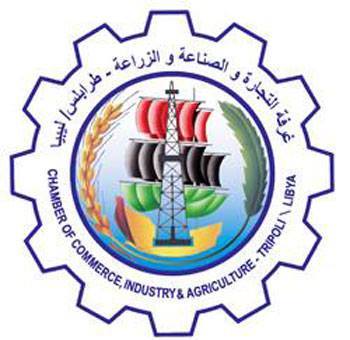By Sami Zaptia.
London, 11 October 2017:
Further to news that a delegation of foreign experts working for the Libyan Cement Company, owners of Hawari cement factory in Benghazi had visited the factory site and met with the city’s mayor last week with a view to restarting work to reopen the factory, LCC informed Libya Herald that an opening date is unlikely before the end of 2018.
Bob Solomon, LCC Chairman and CEO, expressed his appreciation for Benghazi’s mayor meeting with the LCC delegation last week and congratulated him on reopening the city’s port.
‘‘We would particularly like to thank the mayor for receiving our delegates this week and for his support and assistance. This is very valuable. Further we want to congratulate him on the re-opening of the Port. LCC will be importing large quantities of supplies, parts and materials for the re-building and a fully functioning port will be a great benefit. Let’s hope customs clearing procedures can be streamlined to avoid delays’’, he added.
‘‘We want to reassure the community that LCC Management is continuing to support the employees through government payments each month and we thank the government for their strong support’’.
However, Solomon was keen to clarify the scale of the task of reopening the cement plant in view of the extensive damage it suffered as a result of fighting in its surrounding area.
‘‘The process for re-starting is ramping up and we can expect higher levels of activity at the site before the end of this year. But please bear in mind, restoring the plant is a huge job and will take all of 2018 before production will re-start.’’
‘‘We would also ask LCC employees to refrain from visiting the factory for now, because this just complicates the work we are doing. At the appropriate time, we will be contact with them and invite them to attend. It would be helpful for employees to watch the LCC website (www.lcc.ly) for future important announcements’’, added Solomon.
‘‘In addition to the work we are doing, there are two critical elements that need to be handled by others. First is the gas supply. Crucial parts of the gas distribution pipeline outside of the factory premises are totally missing. These must be restored because without gas the factory cannot operate’’.
‘‘Secondly, electricity supply must be able to handle the demand. When the factory restarts we will need at least 15 MW of power in the beginning, increasing up to 24 MW at full capacity’’.
On another note, Solomon was very keen to pay tribute to the company’s employees working at their Fataiah cement factory in Derna.
‘‘Our Al Fataiah factory at Derna is continuing to operate, as it has done during the last 3 years, and we sincerely thank the AlFataiah employees for their full support’’, Solomon concluded.








